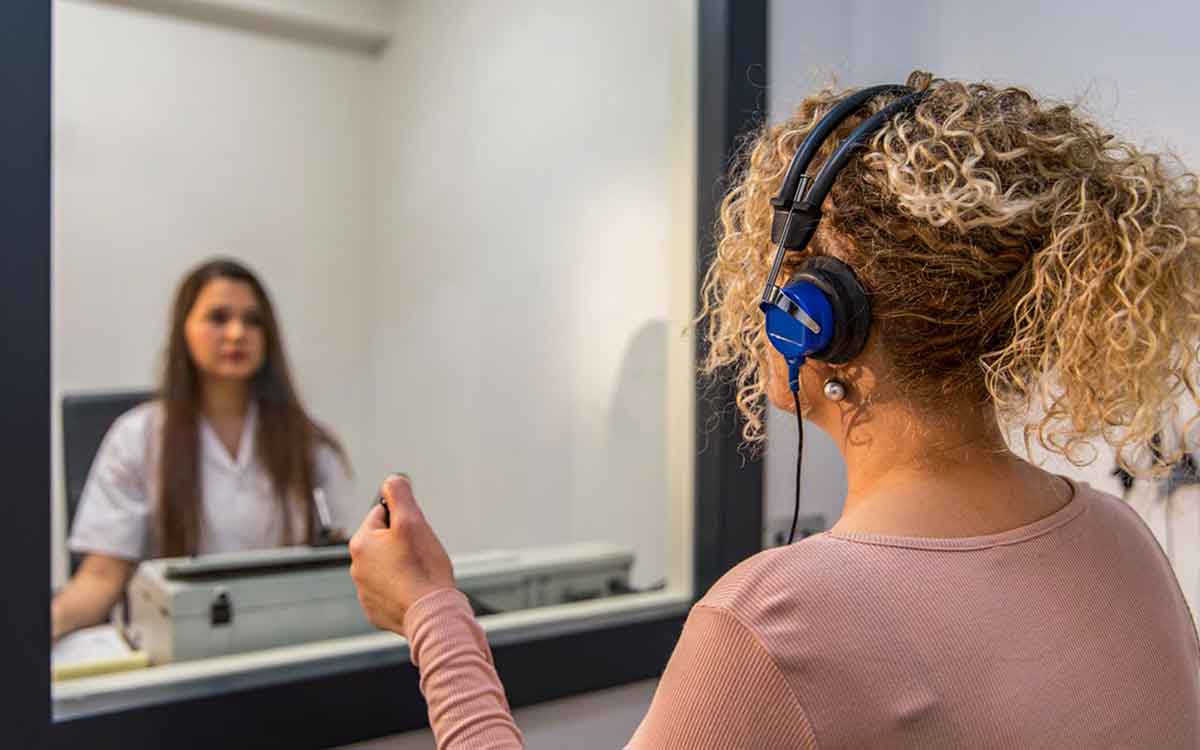
At what point should you think about getting your hearing assessed? Here are a few signs you need to have your hearing checked.
The other day, my kids complained about how loud my television was. Do you know what I said to them? I said, “What?!” It was amusing because it was a joke. But it also wasn’t. The television has been getting louder and louder. And I started to wonder: Should I get a hearing test?
There’s no good reason to avoid scheduling a hearing test. They aren’t invasive, there’s no radiation, and you don’t have to be concerned about discomfort. You just need to take a brief moment to set up an appointment.
Considering how much untreated hearing loss can impact your health, it’s important to be more cautious about it.
You should have your hearing assessed if you detect these signs
If you’ve recently noticed any symptoms of hearing loss, it’s most likely a good idea to get a professional hearing screening. Clearly, if things are hard to hear, that’s a rather strong indication of hearing loss.
- It’s hard to hear in noisy venues: Have you ever been to a crowded or noisy room and had trouble keeping up with the conversation because of all the ambient noise? It’s possible that this might be an indication of a loss of hearing.
- It sounds like everyone’s mumbling all the time: Sometimes it’s not loss of volume you need to worry about, it’s a loss of clarity.
- You often miss text messages: Your phone is intended to be loud. If you routinely fail to observe incoming calls or texts, the issue may be that you’re not able to hear them.
- Ringing that won’t go away: Ringing in your ears, also known as tinnitus, is typically an indication of hearing damage.
Other signs you should schedule a hearing test:
- Your ear hasn’t cleared after an infection
- You have a buildup of earwax you can’t clear by yourself
- You take certain medications that can damage your hearing
- Identifying where sounds are originating from can be difficult
- You’re experiencing balance issues
Routine hearing evaluations
Even if you aren’t observing any noticeable symptoms, it’s still significant to schedule regular hearing tests.
- Get a baseline test done at some point after you’re 21.
- If your hearing is normal, get hearing assessments every three years.
- If you display signs of hearing impairment, have it assessed immediately and then every year afterwards.
Routine screenings can help you identify hearing loss before any warnings appear. The earlier you seek treatment, the better you’ll be able to maintain your hearing over time. So you should lower the volume on your television and think about aranging a hearing test.